

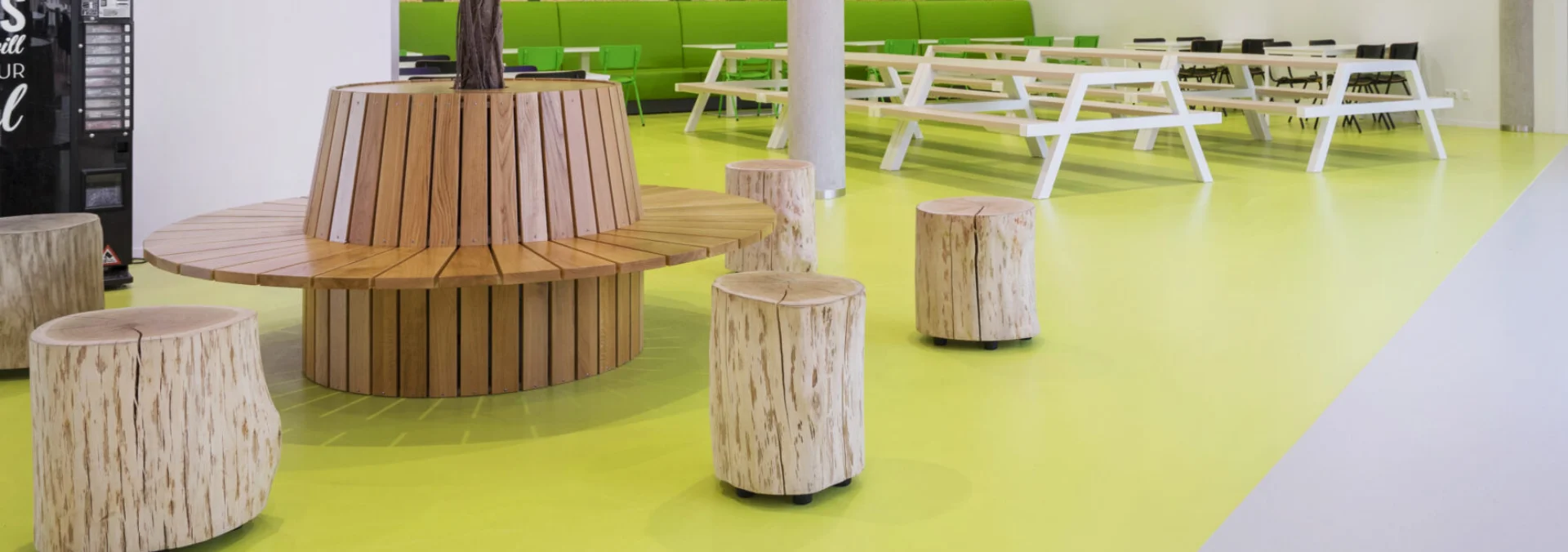
See how wood waste is used in the production of new office furniture.
Fabric remnants are no longer usable? Into the garbage can? That is not necessary! Residual materials such as old clothing can be completely reused. See for yourself!
Steel remnants can be melted down and processed into new table frames, for example. See what happens to them at the end of their life!
Old PET bottles are turned into high-quality felt for chairs, tables, etc. The best part: The PET felt is easily recyclable, so nothing goes to waste!
A real pioneer! Renewable hemp is turned into a 100% organic chair with an infinite life. This is because the hemp seat shells are not thrown away when they are replaced, but shredded and made into new seat shells – with the same quality!
What actually happens to the blue packaging material that we all know from hospitals? See how it becomes a high-quality chair back!
The disposal of office equipment is also part of the sustainable cycle in the Green Office. To this end, we are working with our partner Junk Busters, a young company with a focus on sustainable and digital offerings. You can find out what this means in concrete terms here.
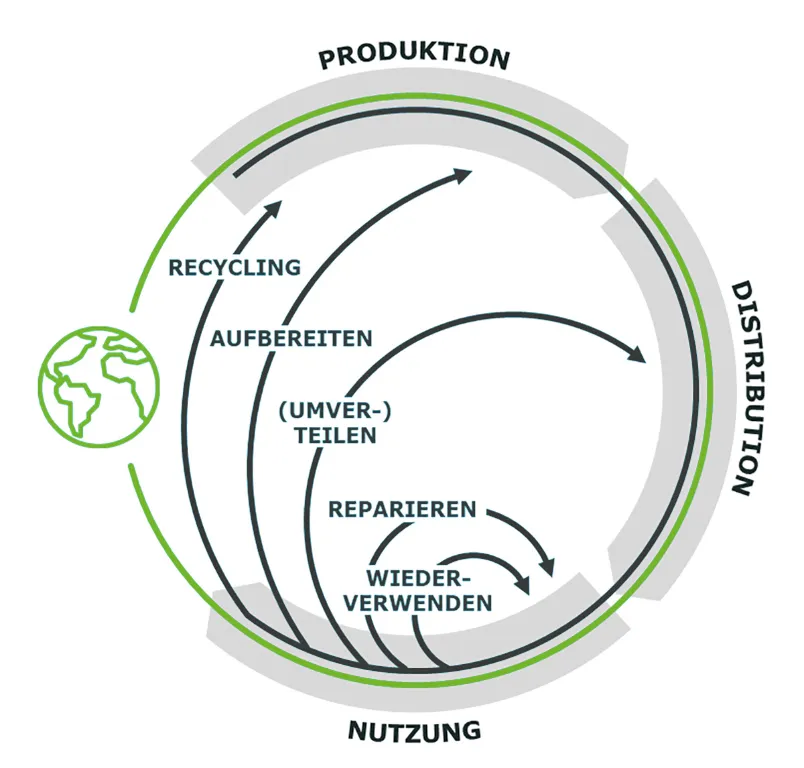
A key step on the road to greater sustainability in companies is the switch to the principle of the circular economy. In the current “throwaway economy”, products are produced and largely thrown away after their useful life, i.e. they are not reused and waste is incinerated or sent to landfill.
We want to change that! By avoiding and reusing waste and recycling effectively, we create a cycle from the manufacture to the use of a product in which only a small proportion of new resources need to be added. Ideally, this means that an office chair is made from waste (e.g. PET bottles) or renewable materials (e.g. hemp). Once it has reached the end of its useful life, its individual parts can be processed into new elements in just a few production steps without the addition of further materials. These elements are then used to create a new chair of equal quality and the cycle continues. According to this cradle-to-cradle principle, the chair is given a new life time and time again.
What sounds simple in this example is highly complex in practice, especially when it comes to planning entire offices. We are at your side as experts in sustainable office furnishings.
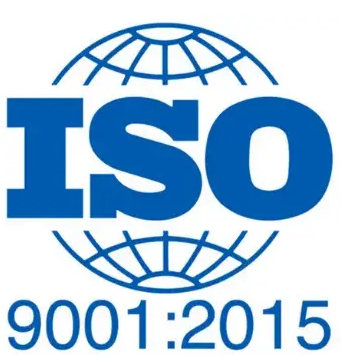
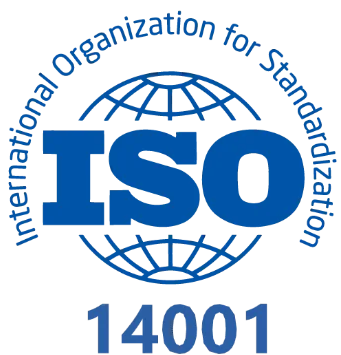
Our cooperation partners process the most sustainable raw materials currently available on the market. Manufacturing processes and products naturally comply with health and safety and environmental regulations and are ISO 9001 and ISO 14001 certified.
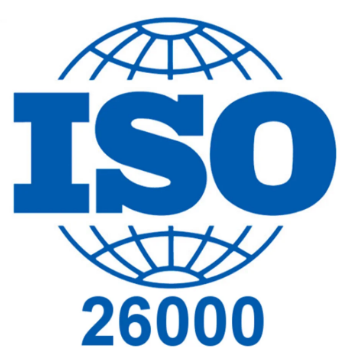
Our definition of a sustainable corporate policy goes beyond ISO 26000 (CSR guidelines). The manufacture and transportation of all products, raw materials and services must always comply with European regulations and codes of practice as a minimum.

